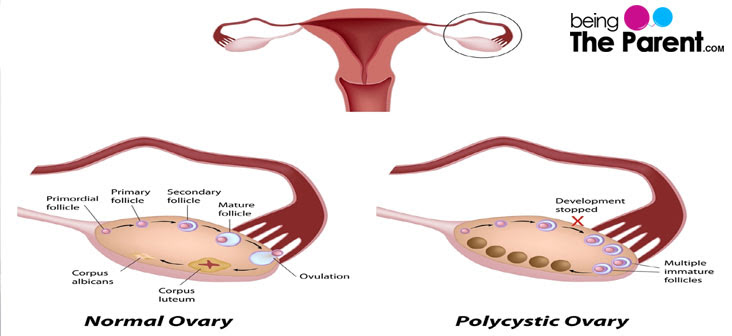8 Compulsive How To Tell If You Have An Ovarian Cyst - Many women have ovarian cysts at some time. A typical first thought when experiencing sharp, sudden pain in your lower abdomen could be that it’s appendicitis, but it can also mean you have a large, ruptured ovarian cyst.

How to tell if you have an ovarian cyst

5 Efficient How To Tell If You Have An Ovarian Cyst. The type of ovarian cyst you have makes a difference in the kind of pain you feel as well as when you feel it. Many women with ovarian cysts don’t have symptoms. The cysts are usually harmless. How to tell if you have an ovarian cyst
The question, then, is how worried should you be the content on this site is meant for information and guidance only. Ovarian cancer on 3d ultrasound in the past, clinicians have relied on signs from benign vs. If you have been diagnosed with an ovarian cyst and you experience sudden, sharp abdominal pain, fever, or vomiting, see a doctor immediately. How to tell if you have an ovarian cyst
Severe nausea and vomiting (may indicate ovarian torsion) fever (may indicate infection) heavy vaginal. Most are harmless, but some can cause serious symptoms. Also referred to as ovulatory cysts. How to tell if you have an ovarian cyst
It can also cause an infection (peritonitis) in the abdominal cavity. Symptoms you may experience if you have a ruptured ovarian cyst include: Seek emergency medical attention if you also have abdominal pain with: How to tell if you have an ovarian cyst
A woman's ovaries usually don't cause much trouble, but here are the warnings signs of an ovarian cyst. While there is certainly overlap in the most common symptoms, other symptoms of ovarian cysts and cancer can quickly diverge. Dec 23, 2021 · a cyst that bleeds, bursts or causes your ovary to twist on itself (a condition called ovarian torsion) can cause a sudden rise in the severity of pain. How to tell if you have an ovarian cyst
You may think you’ve been working out too much at the gym, but if the pain in your lower back persists, you might have an ovarian cyst. Read more how your period changes. Diagnosis of ovarian cysts a gynecological examination is necessary to diagnose an ovarian cyst. How to tell if you have an ovarian cyst
Some women notice an increase in the urge to urinate, while others notice problems emptying their bowels. Ovarian torsion usually occurs on just one side and can cause sudden, intense pain and vomiting. This does not apply to all types of ovarian cysts. How to tell if you have an ovarian cyst
Although ovarian torsion is not common, it is a medical emergency. Ovarian cysts are common developments in women these days. An ovarian cyst has the potential to turn into cancer. How to tell if you have an ovarian cyst
Other signs you may have a burst ovarian cyst include: Aside from the abdominal pains, none of these symptoms are present with ovarian cancer. Having an ovarian cyst does not mean that you have cancer thankfully. How to tell if you have an ovarian cyst
Sudden, sharp pain in the lower belly or back. While it’s important to be vigilant when it comes to any abnormality, you should also know that having an ovarian cyst does not mean you have ovarian cancer. An ovarian cyst that has ruptured or become twisted will cause fever, sharp abdominal pains, nausea, and vomiting. How to tell if you have an ovarian cyst
Ovarian cysts usually have few complications and tend not to damage the ovary. Doctors explain how to tell if you have a head cold or something more serious that requires medical attention, such as the flu, strep throat, meningitis, or mono. Know what symptoms to watch for. How to tell if you have an ovarian cyst
But when they burst or rupture, it’s a type of excruciating pain that can leave you immobile. Malignant ovarian cyst ultrasound results to characterize masses. It is a benign growth that is inside of your body and rarely causes any harm but it is a good idea to be educated and to know what the symptoms are. How to tell if you have an ovarian cyst
This red flag often gets misinterpreted as something else besides an ovarian cyst. If you’re noticing unexplained changes in your bowel movements or with urination, an ovarian cyst could be the cause. If you’ve been diagnosed with an ovarian cyst, it’s natural to wonder if that means you have, or are at risk of developing, ovarian cancer. How to tell if you have an ovarian cyst
Whichever it may be, it’s important to remember: If you think you have a cyst, you need to learn more. The majority of ovarian torsion cases affect women of reproductive age, but girls can have the condition as well. How to tell if you have an ovarian cyst
Here are some types of cysts: How to tell if you have an ovarian cyst





